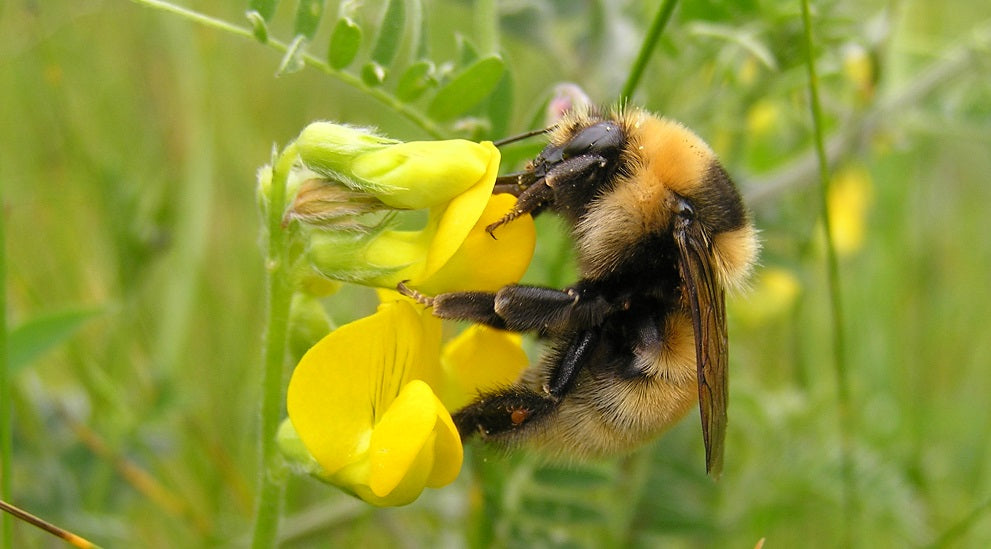Notre Dame and the Great Yellow
Share
Like you, I watched appalled as Notre Dame burned. It felt like a complicated metaphor for all sorts of things, and a crushing visceral wound. It was amazing but not so surprising then, the fire's embers still warm, that people, government and businesses had already pledged $800 million towards its reconstruction.
Notre Dame is a thing that can be rebuilt. It won't be the same, of course, but it can and will happen. Other cathedrals have been rebuilt. We can understand something of the complications of that, and the scale of the project. We can agree on the importance and scale of the work. It will cost a lot of money, but not an unimaginable amount. And at the end of it there will be a physical manifestation of the generosity of donors, private and public.
Fund raisers in the environmental world would chew their arms off to be working on a project like this.

Understandably - to an extent - funders ask for "measurable outputs". Like a cathedral. Doing genetic research into a bumblebee* that's going extinct is less attractive. How do you value its results? Are they going to have a clear message (probably not)? It's somewhat lower key in terms of PR, as well. Science doesn't necessarily give "value for money" in terms of "outputs" - that's kind of the point.
In my own efforts to raise money, however, this hasn't been the main blockage. While it's true that the wealthy in the UK are really bad at giving, there are other problems afoot.
We still seem to have an issue with valuing nature. Giving to environmental causes, even in an animal friendly country like the UK, is under 6% of the total. I don't know why this is. Perhaps it's the difficulty of it. If a species is going extinct you can't just throw a few million quid at it and then guarantee its survival (a few million quid! We just need £20,000 to have a proper look at dear old Bombus distinguendus.)
In my experience, people readily buy into the evidence supporting declines in invertebrate numbers, for example. More often than not they agree on the reasons for them. They might also like the work that the charity does that I'm shaking the tin for. BUT they feel it's hopeless.
Faced with global biodiversity "apocalypse" or climate change "armageddon" they give up. Or, rather, they don't even start.
And it's really, really important that they do. That YOU do.
Because the only way we can tackle these vast, complicated, worrying issues is through individual actions, translated into collective will. Our responses to them won't be ideal - haven't been ideal. Our financial commitment won't have clear outcomes. Let's give it a go, though. Together we can do this.
*The Great Yellow, Bombus distinguendus , in this case.

